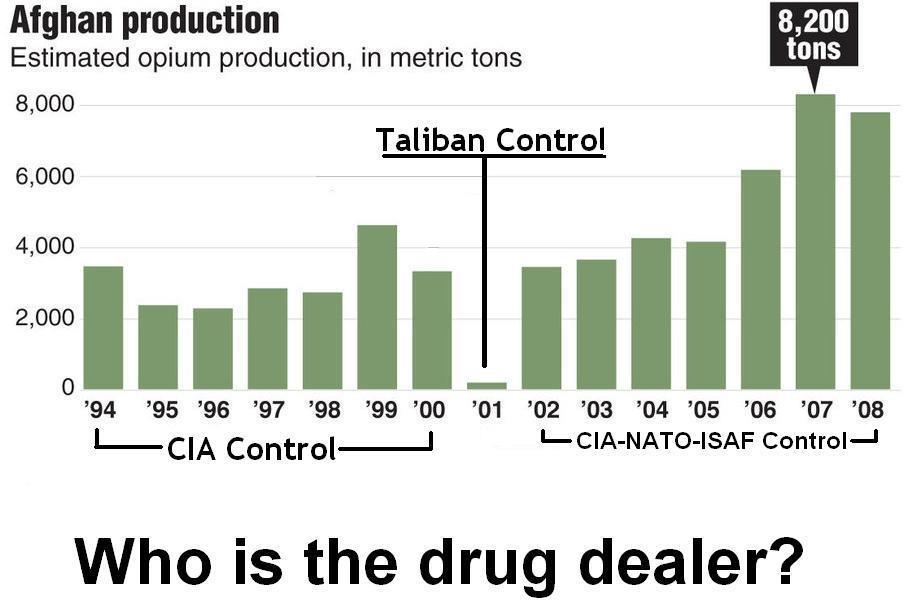- Joined
- Oct 27, 2005
- Messages
- 28,935
- Reaction score
- 15,605
I'm a cop in NJ.
I grew up with a kick-ass cousin named Marc. He was 3 years younger than me, and we lived across the street from each other during elementary school and junior high. In high school my aunt and uncle moved about 30 mins away, but I still stayed as close as I could with them.
Me and Marc worked together at 2 different jobs, Chick Fil-A, and then with a tile company. I still remember being on a tile job with him and competing to see who could break the most tiles over our heads. He knocked himself out trying to bust 3.
I was going to college and Marc stayed as a full time tile guy. Eventually he started to change. He moved out of my aunt's house and got a place with his buddies. He skipped out on work and I saw him less and less on those weekends I was still doing tile. He started getting into weed and boozing. He was always a little "nutty", but fun. I met him at a midnight bowling place on night and saw he was fucked up - black eyed, and a bad attitude. He started a fight with guys in the next lane over nothing. I saved him from a beating and we went our separate ways for a while. I graduated and found a part time cop job that took me across state, and only saw Marc on occasion.
I get a phone call from my aunt that Marc got locked up for a DWI. I made a couple calls and found out he had active warrants for possession too. Long story short, Marc graduated from weed and booze to heroin.
Marc tried rehab, halfway houses, and the whole program, but wound up getting rolled a couple times in shithole Newark, NJ. I visited him a couple times, and what was once that fun, nutty kid was a shell of himself. Broken teeth, open sores, and some weird rash on his arms are what I remember most. I'd just had a kid and he wanted to hold my son. I wouldn't let him because I was worried about this unknown infection getting onto my kid. He was such a good hearted dude, and I wouldn't let him hold my kid....
Fast forward through more rehabs, getting kicked out of my aunt's house, moving in with MY parents, and getting kicked out of there for stealing, me looking for possible solutions for him , and boom - he moved to the west coast with his sister. I talked to him a bunch, he seemed to be cleaning up. The rashes and boils apparently were healing and he was doing great. I was so fucking proud of him.
His body washed up on a riverbank in Portland.
Wow, that’s fucked up. Growing up, I had two best friends and we were inseparable until we went to different high schools. I remember the three of us having a conversation about smoking pot. My buddy, Jason, was pushing us to try it with him. We refused. He started smoking pot, and by the end of high school, he was hooked on pills way before they were popular-this was the early nineties. He had a kid and seemingly got clean for a while, then got hooked on gambling and then into heroin. Rather than continue to live as such a serious addict, he swallowed a bottle of Tylenol pm and died in 2004. As a cop at his funeral, I remember most of his friends being addict types and his mom actually blamed me and my other friend for the way he turned out. I didn’t have the heart to tell her.



